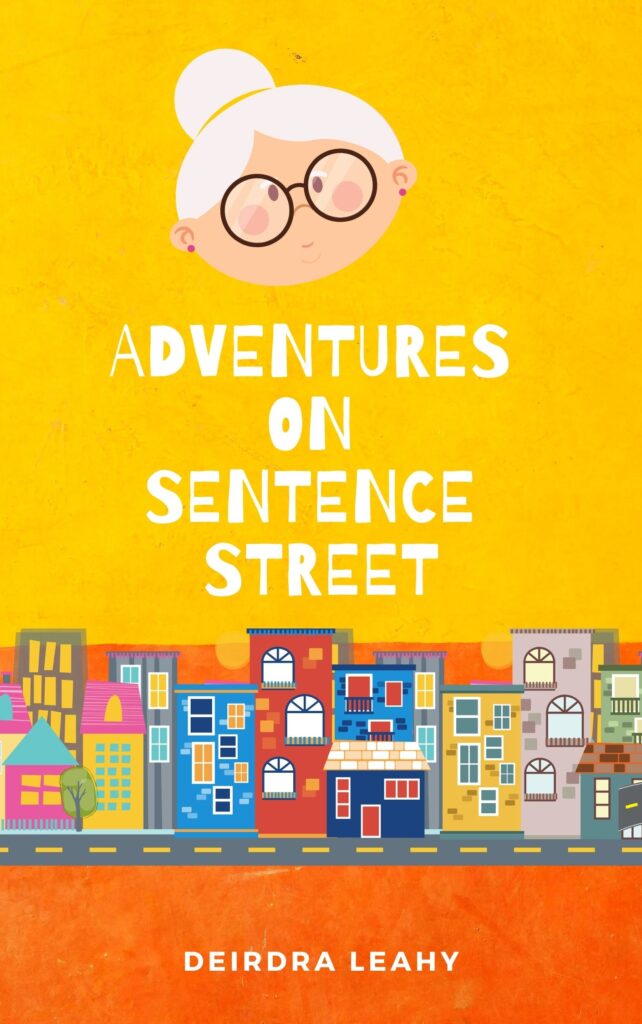Language

'The latest research shows that an incredible 7.6% of children have Developmental Language Disorder (DLD). This equates to one million children whose language difficulty is long-term and requires specialist help, but is not due to another underlying condition'. Source ican.org.uk
A Parent's View:
“James was always a puzzle, incredibly active from day 1, to this day he never stops moving his legs! You know the expression ‘walker or talker’? Well, James was, and still is, sport crazy, a great little cyclist, runner and swimmer, but James was very late to talk. We just assumed it was because his 2 sisters spoke for him. We all did. He would get quite frustrated and we would just know what he wanted.
Nursery and school threw up problem after problem: sitting, listening, paying attention, learning phonics, drawing, writing, reading, sometimes behaviour- everything was behind, late, slower than expected. He found everything “boring”, except physical games, and had a habit of telling people! Then, in PE, he didn’t often follow the rules of the game and got in trouble with the coaches. He couldn’t win!
James struggled to start and finish homework. He never enjoyed reading. I bought every book on sport facts, and dinosaurs, diggers but he had a passing interest only. Sometimes he would read a whole page- fluently and clearly – but not have a clue about what he’d read. I’d notice that in a family conversation, he’d lose interest quickly and sometimes say that he didn’t understand the meaning of basic words.
We went for a private assessment to an Educational Psychologist who said that James had a mixed profile, not dyslexic, but at risk of it. I could not make head or tail of this. Then, a friend of mine mentioned Adventures’ speech and language assessment, and James’ DLD (Developmental Language Disorder) was identified and explained. His attention and listening and ability to imagine was delayed; his vocabulary was poor – so he could surface read words but not understand. He struggled with grammar, which made his spoken sentences short and hampered his writing.
Finally, for me it made sense and we got to work straight away- on vocabulary and grammar- and he’s been on an upward trajectory every since. Things aren’t so “boring” now he has more understanding…”
Recommended Reading On Dyslexia:
Ref: Nessy.com
The effects of undiagnosed language delay or DLD (Developmental Language Disorder)- poor vocabulary, problems with grammar and narrative-silently erodes the confidence of young learners in classrooms up and down the country even today.
I have observed and assessed language delay and its effects in children and young people from the age of 2 to 16 years. Happily, all children and young people can learn and over 20 years, I have developed unique programmes that ensure they do.
